GCSW Initiatives Aim to Strengthen
Curriculum and Affordability
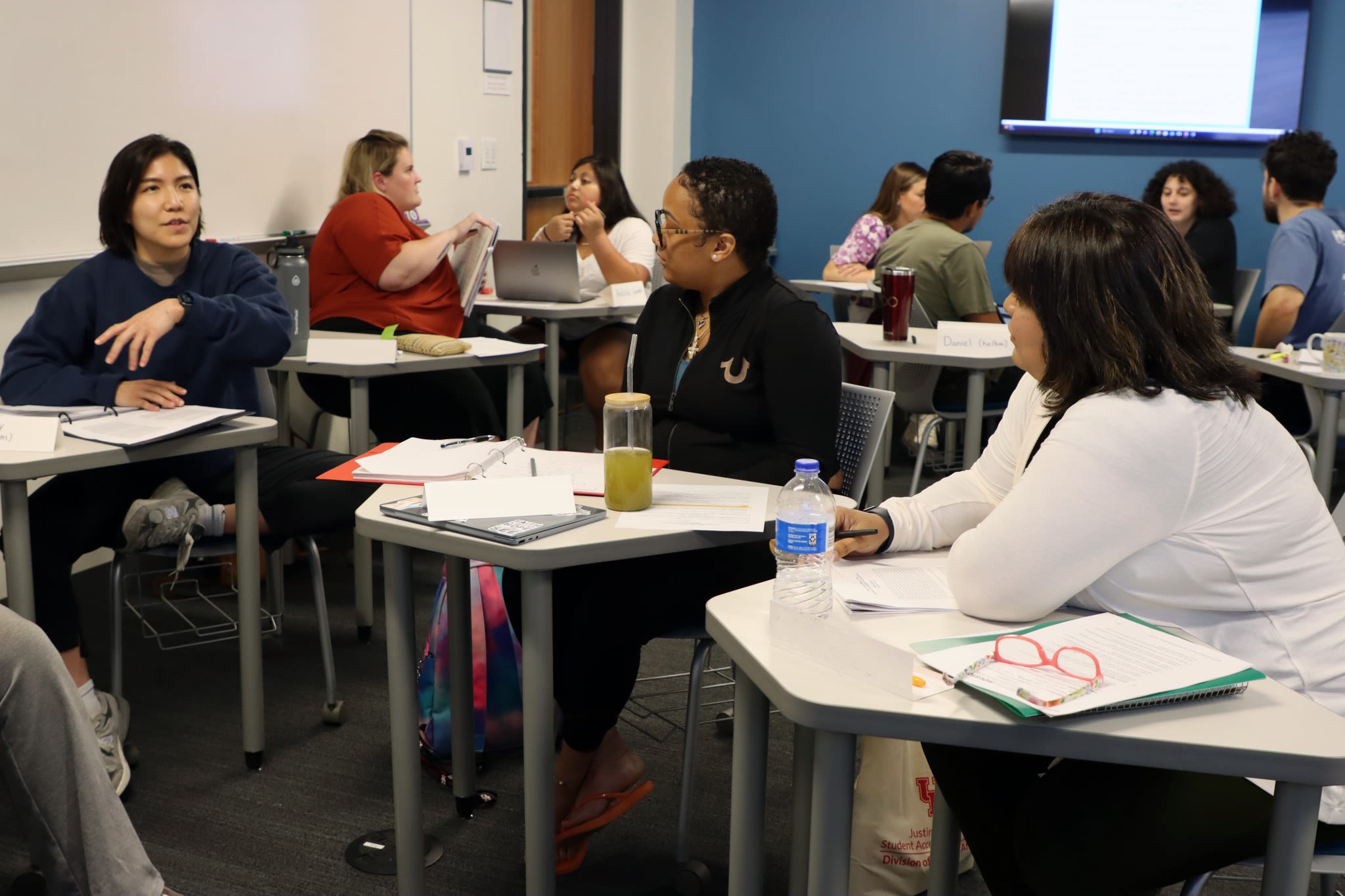
The University of Houston Graduate College of Social Work is committed to advancing its mission of promoting racial justice. Through a process of intentionally assessing what it would mean to be a racially just college of social work, the GCSW community developed a set of seven Racial Justice Principles in 2022; Racial Justice is a Journey, Intentionally Centering BIPOC Experiences, Acknowledging Harms, Being in Community With One Another, Shared Understanding, Equitable Access and Solidarity.
Guided by a visionary approach that provided space to think innovatively about our program, the GCSW identified several structural changes, now being implemented, to advance equity and inclusivity for social work students.
Strengthening Curricular Alignment
Revisions have been made across the college’s curriculum to better align course design and student learning with the College’s Racial Justice principles.
Generalist and Macro concentration courses have been updated over the last several years to strengthen and more explicitly embed a racial justice lens throughout these courses. More recently, the college has revisited and updated its Clinical concentration (which about 80% of students complete) curriculum through a racial justice lens, while also considering community needs and accreditation standards.
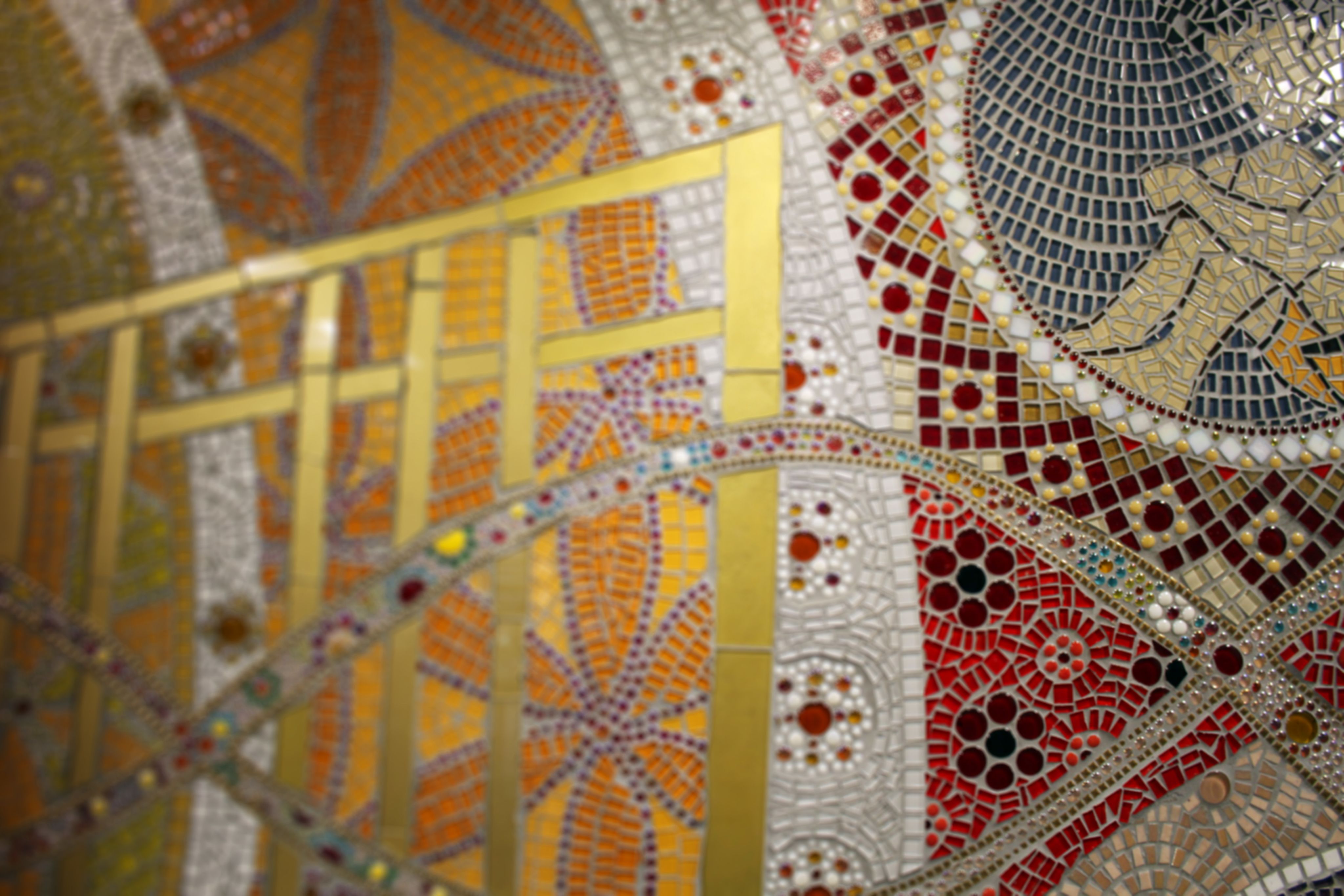
Reduction of Semester Credit Hours
This summer, the Office of the Provost and the Texas Higher Education Coordinating Board (THECB) approved the GCSW’s proposal to reduce the semester credit hours required for the college’s MSW program, while maintaining the academic integrity of the program. This significant step enhances the accessibility and affordability of its MSW program. The change in credit hours is fully available to all future cohorts, with current GCSW students partially benefiting from this credit hour reduction.
“This change was designed intentionally to help address the financial burdens and nationwide racial and ethnic disparities associated with student loan debt from pursuing an MSW degree, along with inequities associated with the costs of practicum education. We hope this will help ease these challenges for future GCSW MSW cohorts without disrupting the overall content of our program and the student learning experience,” Associate Dean for Academic Affairs Suzanne Pritzker said in an email sent to students.
Through the reduced semester credit hour requirement, full program students will now need 51 semester credit hours (formally 63) to complete their degree, while Advanced Standing students will require 34 semester credit hours (formally 38). These reductions translate into substantial savings, ranging from $1,900 to $12,800, depending on enrollment and residency status, for the overall program.
"Tuition rates have gone up disproportionately, without a similar increase in the average salaries of social workers in Texas. Further, research has shown that there is racially disproportionate student loan debt coming out of social work programs," Pritzker said. "So, with the college's lens towards racial justice and thinking about accessibility, affordability, and intentionally seeking to eliminate racial disparities, we felt we needed to do something. We asked ourselves, how can we reduce the cost burdens of a social work education? We considered other aspects of our program that we were also re-examining through the lens of our Racial Justice Principles, and realized that we could achieve this through reducing the costs of practicum education and strengthening curriculum alignment. We integrated these various programmatic goals into a single proposal that reduced the credit hours in our program."

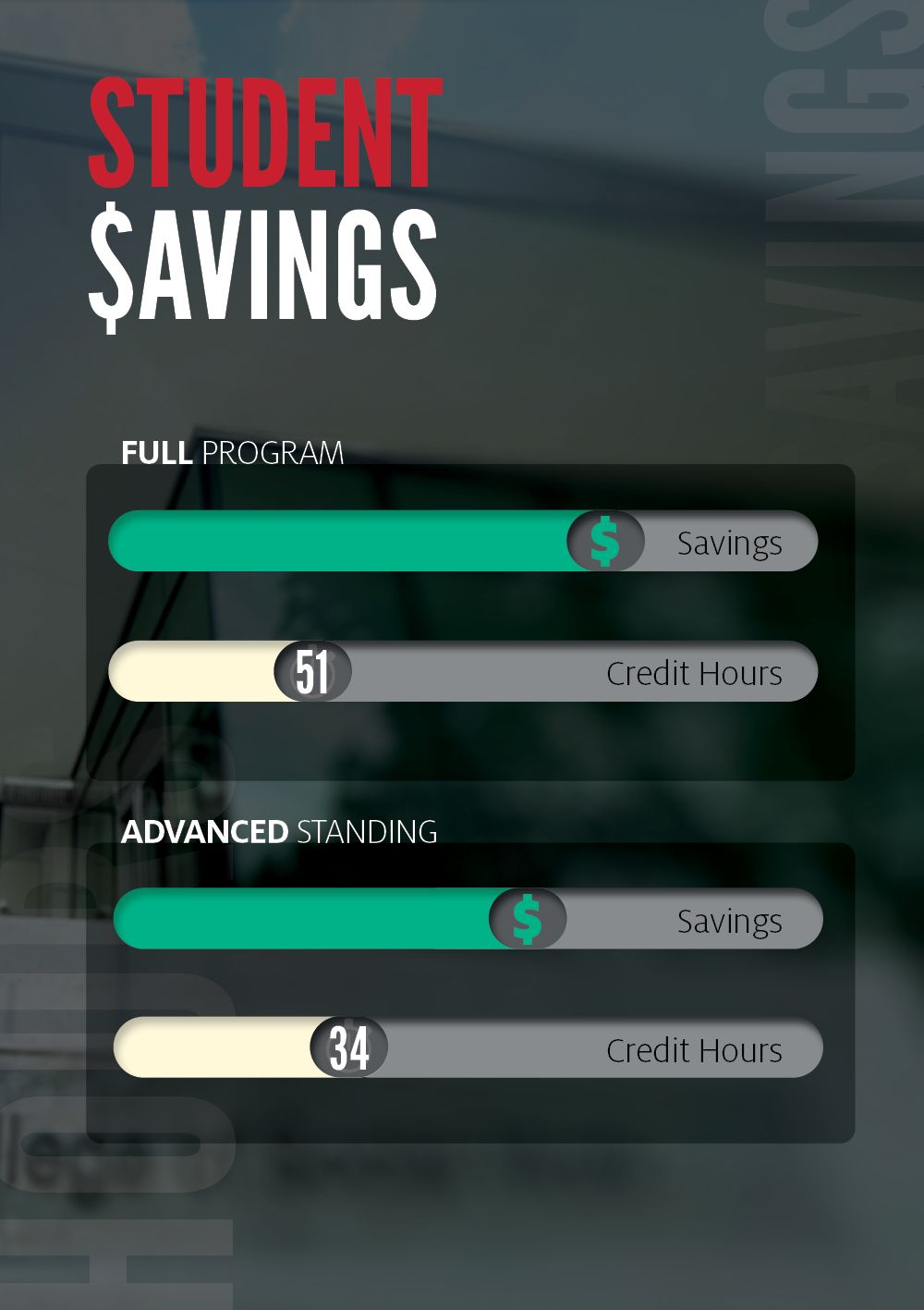
Where is the shift?
The GCSW has shifted all four required practicum courses from either 2 or 3 credits to 1 credit hour practicum courses. This reduces the cost of each practicum course, without changing the practicum clock hour requirements set by the social work education accreditation agency.
"Part of the reduction of credit hours came from practicum courses because of Pay 4 Placements, a national, student-led movement that questioned the fundamental practice of practicum and advocated for fair payment to practicum students," GCSW Practicum Director Jamie Parker said. "This was a way to assess practicum semester credit hour units and reduce them, so students are paying less in tuition and fees and still getting credit while maintaining the same number of clock hours required."
The Practicum team has made other changes in an ongoing process of incorporating an anti-racist framework into their work.
“I think what we’re hoping for is that by reducing tuition, updating our language, updating our forms, and addressing some of the barriers in practicum for students, that we’re operating within our community standards and reducing harm as much as possible. Hopefully, these individual pieces come together collectively to work toward harm reduction in a practice that is a required part of our curriculum and of the MSW degree," Parker said.
Affordability Initiatives
As the GCSW continues its journey of affordability, there have been several other initiatives the college has incorporated:


Open Access:
Over the last couple of years, the GCSW has increased the number of courses that use only open access materials, including our entire generalist curriculum, which means students face many fewer course requirements to purchase textbooks. Our widespread adoption of open access materials helps to strengthen the curriculum and increase the diverse perspectives students are exposed to in their courses, while also reducing costs and making course materials more accessible. Reducing the need to buy textbooks saves students several hundred dollars each semester.

Two days on campus:
For the in-person, face-to-face enrollment model, the GCSW intentionally moved to course offerings that require no more than two days on campus each week. This was done specifically to reduce the time students have to commute to school and their transportation costs, as well as to allow students more flexibility in scheduling practicum and work commitments.

SHINE Rewear Closet:
In Spring 2022, Erica Solis, at the time an MSW intern within the GCSW Office of Admissions and Student Affairs, launched the SHINE Rewear Closet, a mutual aid resource for students in any enrollment model at the GCSW to acquire casual and professional clothing. Donations come from both within the GCSW community and from the broader community. Students can take clothes from this boutique-like closet for no cost.
If alumni are interested in stopping by the SHINE Rewear Closet, please contact to gcswinfo@uh.edu schedule your visit.
Another mutual aid program related to the closet is the Regalia Sharing Program. Many GCSW alumni donate their regalia for future graduates. In Spring each year, graduating students can request the donated regalia, eliminating the rental fee which can cost around $100.
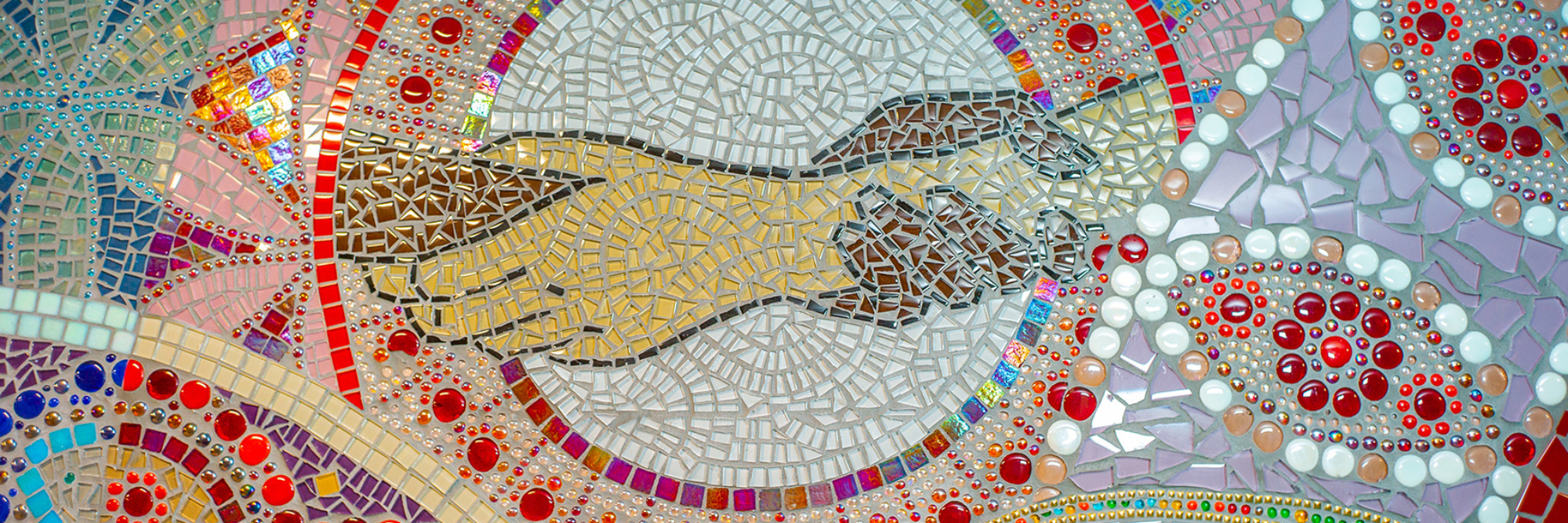
Snack Pantry and Other Support:
Also in Spring 2022, Solis connected with the UH Cougar Cupboard to talk about expansion to the GCSW while working on the renovation of the GCSW Student Lounge. At this same time, the GCSW was approached by a member of Phi Alpha Honor Society and Girl Scout Troup #125075 identifying the GCSW student lounge for a project. From those efforts came the Student Lounge Snack Pantry where students can pick up snacks and small meals, reducing students’ need to purchase food while on campus. The pantry also has some items that can be taken home as needed.
A little later, Second Servings became a donor initially to the snack pantry, later with an initiative in which they deliver Antone sandwiches to campus for students every Tuesday afternoon.
Meals have always been a part of the hybrid MSW program at the UH Sugar Land campus, with both breakfast and lunch provided at every class day. The meals have provided students not only food during the day, but also a chance to build community within and across cohorts.
With the awareness that some students struggle to access period products, the college is also committed, with support from donors and the UH Women and Gender Resource Center, to provide free menstrual products to students.

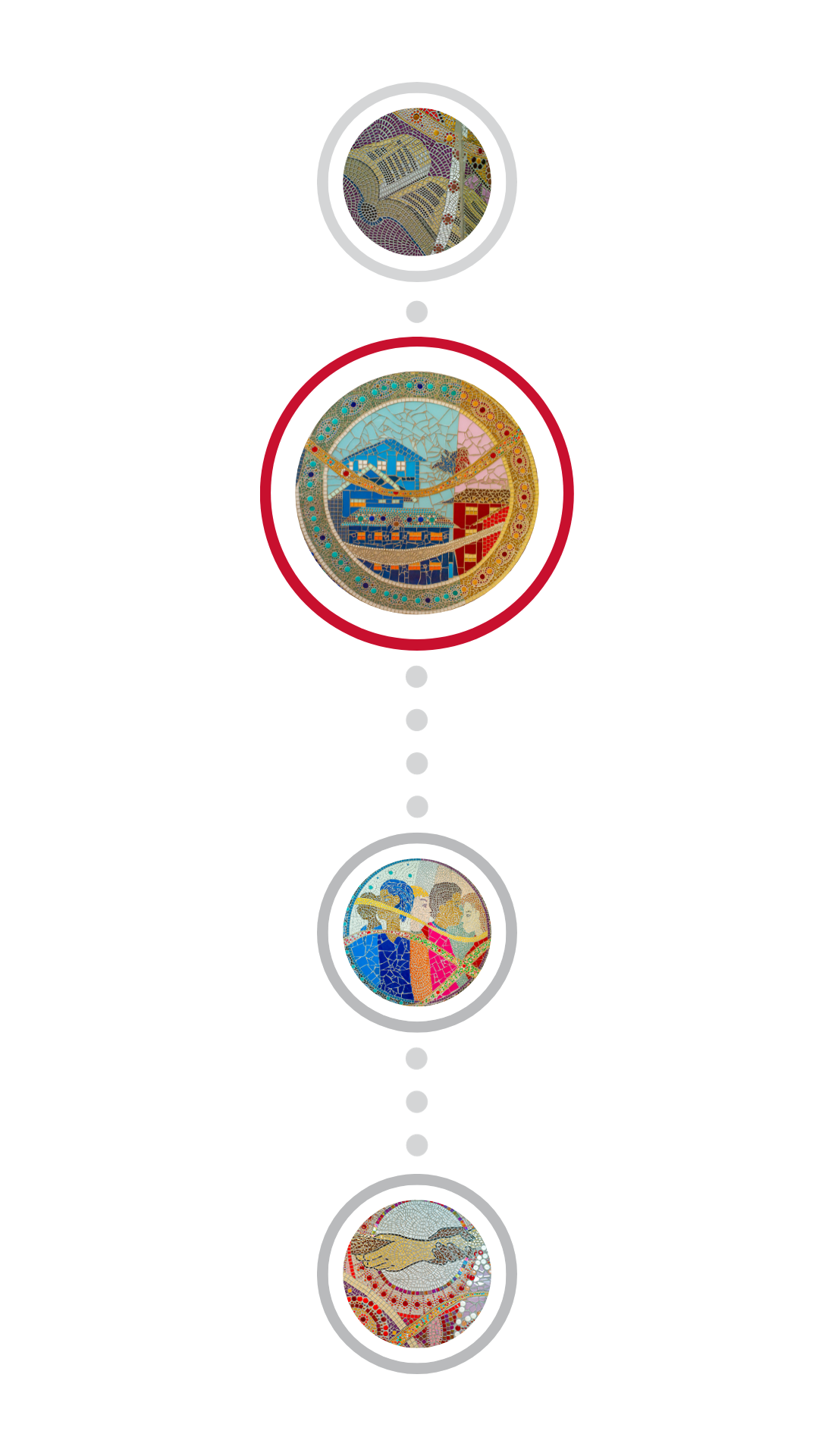


"I hope that being a part of this program is a positive experience, with as few barriers as possible for students. [I hope that students] can focus on becoming the best, most impactful social workers, while preparing to do amazing work in the many different communities in which they will eventually work." Assistant Dean for Admissions and Student Affairs Dr. Amber Mollhagen said.
Donations to the snack pantry have come from the UH Cougar Cupboard, Phi Alpha Honor Society, Girl Scout Troup#125075, the David M. Underwood Chapter of the Nonprofit Leadership Alliance, Second Servings, and several individual GCSW community members. Semilla Consulting provided many volunteer hours to establish the SHINE Rewear Closet, the GCSW Snack Pantry and the renovation of the GCSW Student Lounge and other student spaces.
If you want to donate to the snack pantry, please click here.
Donations to the SHINE Rewear Closet can be dropped off at room #107 at the GCSW.
